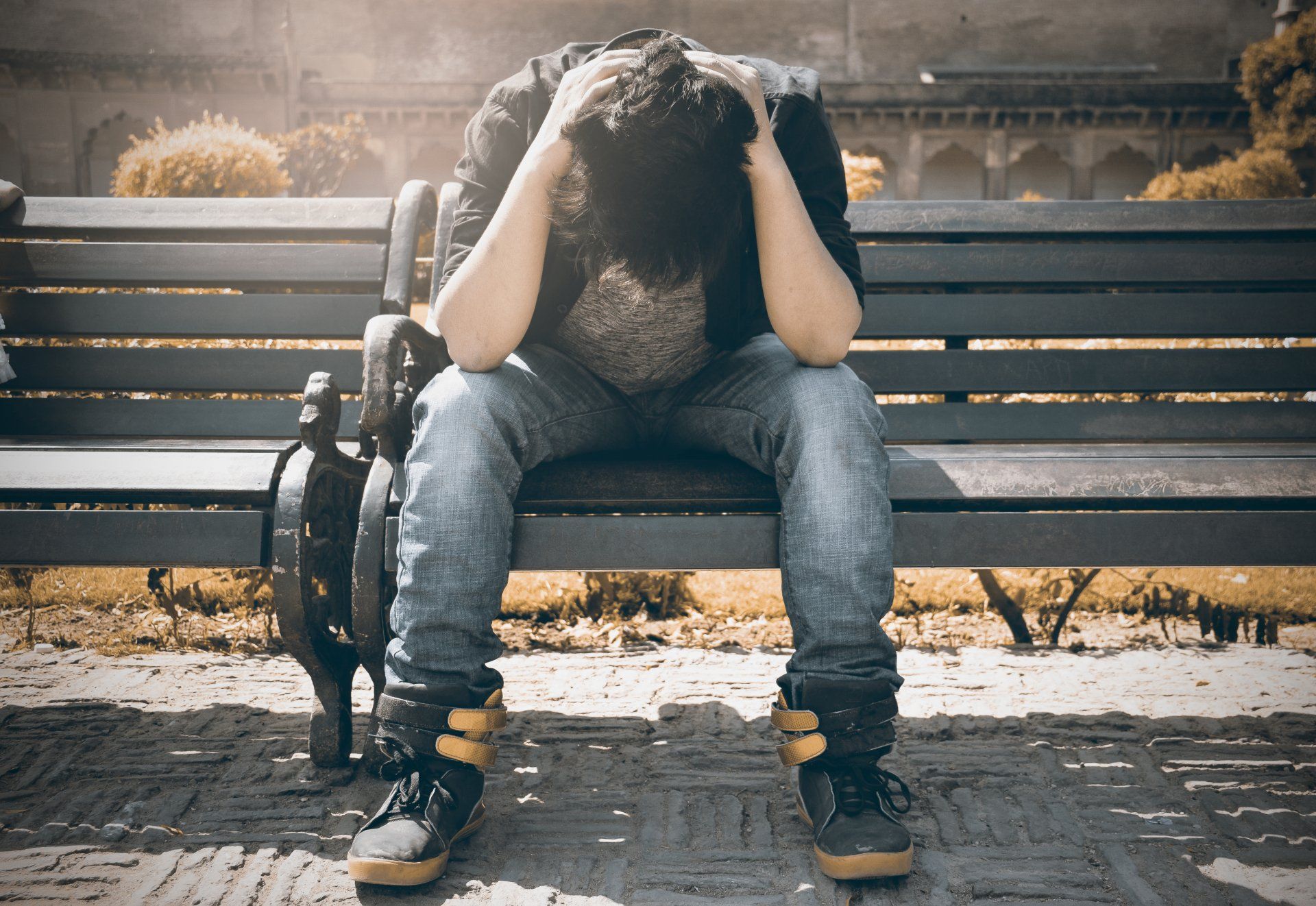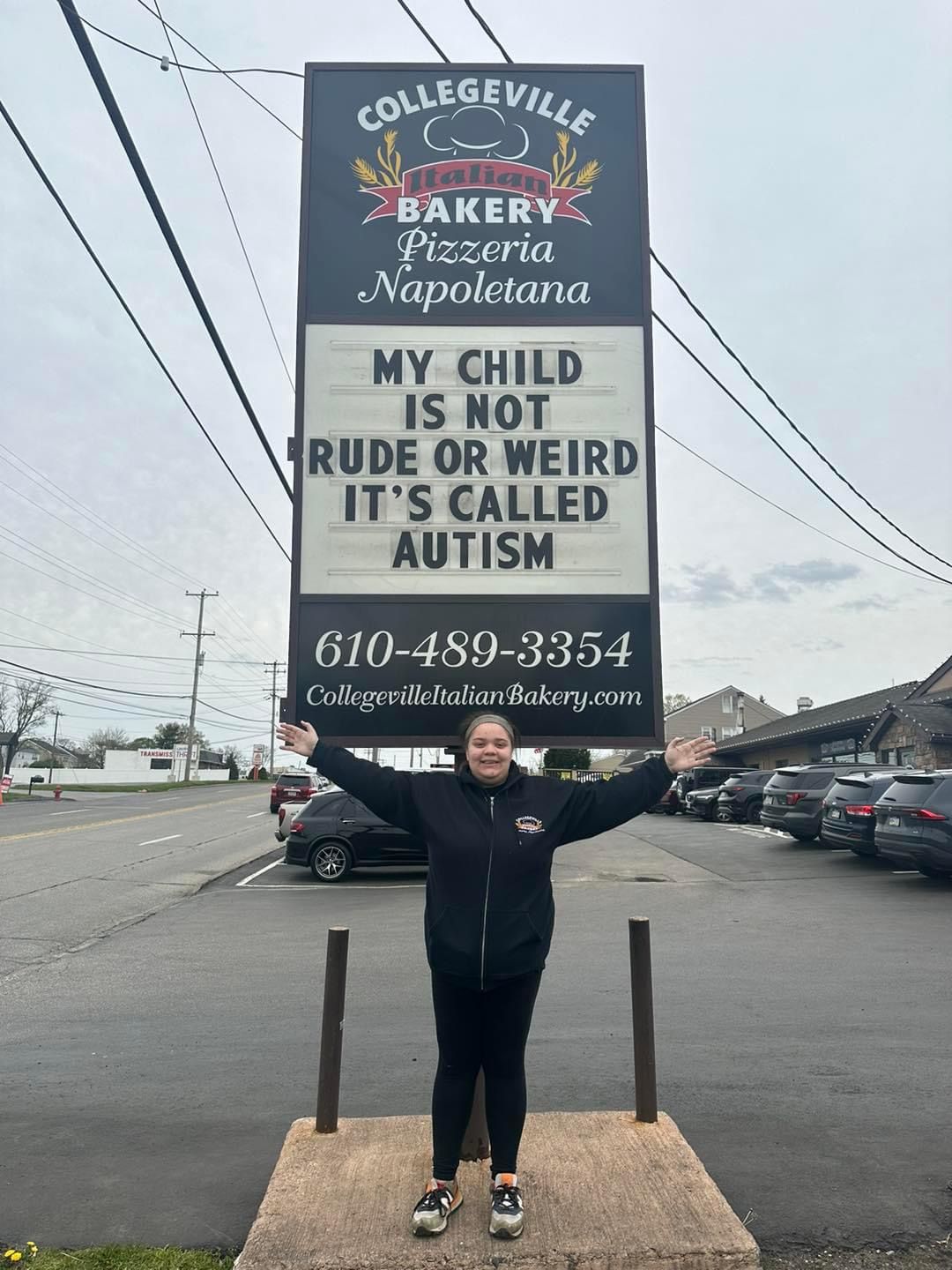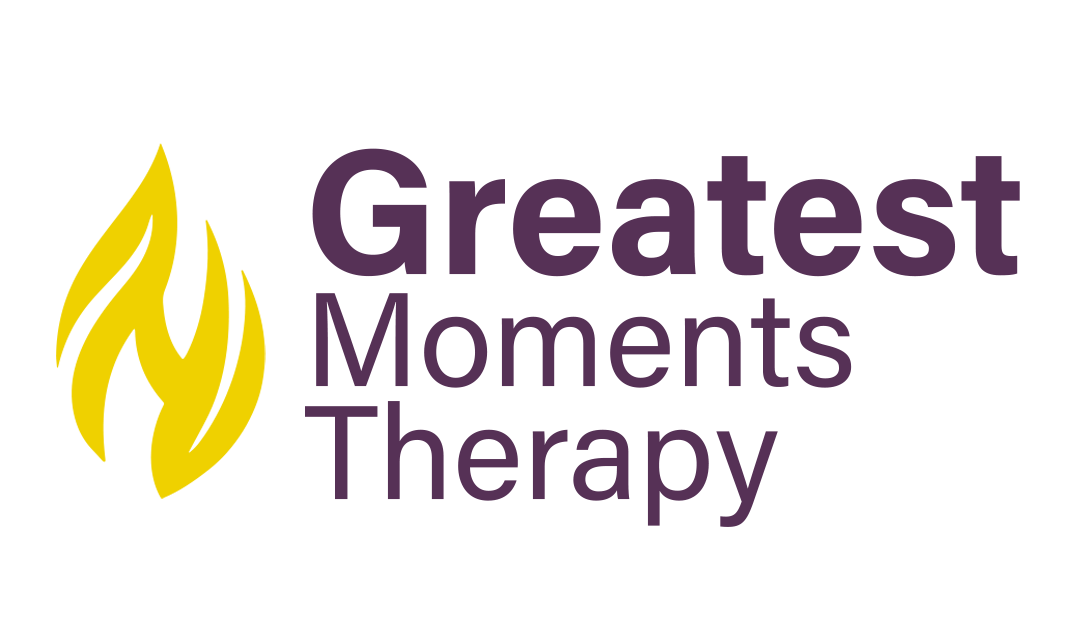Navigating Burnout, Depression, and the Risk of Mental Collapse
The complex relationship between burnout and depression is vital to understand, especially when considering how untreated burnout can evolve into a state of mental collapse. Getting insights from a skilled therapist can be invaluable for both burnout prevention and handling depression.

The Mechanics of Burnout and Its Role in Mental Health
Burnout is not a fleeting experience but a progressive condition. One of the first indicators of burnout is an imbalance between the amount of responsibilities a person holds and the level of control or power they have in those situations. This discrepancy can set the stage for a complete collapse if left unchecked. Effective burnout prevention strategies should address this power-responsibility imbalance to avoid the descent into helplessness and shame.
When the burden of awareness—knowing what could solve a problem but having little control to enact those solutions—becomes overwhelming, feelings of helplessness can consume you. Additionally, when there's a large gap between responsibilities and the power to manage them, shame often becomes the prevailing emotion. Helplessness and shame, when combined, create a toxic emotional landscape that forms the core of burnout. This emotional state, left unaddressed, can serve as a breeding ground for more severe mental conditions, including a total emotional and mental collapse.
Symptoms in the Intersection of Burnout and Depression
Both burnout and depression share overlapping symptoms like fatigue, loss of interest, and emotional exhaustion. However, these two states are distinct in their origins and possible outcomes. Depression can be a longer-term condition influenced by both biological and psychological factors, while burnout frequently stems from workplace-related stress or long-term dissatisfaction. Burnout prevention should therefore focus on both the work environment and individual coping mechanisms to be effective.
Burnout Prevention Through Professional Help
Therapists specializing in the areas of burnout and depression can be immensely helpful. Professional guidance can help you identify early warning signs and coping strategies essential for burnout prevention. Furthermore, a qualified therapist can recommend accommodations to balance your executive power with responsibilities, offering a structured approach to preventing both burnout and the risk of collapse.
Consequences of Ignored Burnout: A Pathway to Collapse
If strategies for burnout prevention are not implemented, the consequences can be severe, leading to a state of collapse. In such a critical situation, symptoms such as apathy, disengagement, and deep-rooted depression manifest. To recover, taking a leave of absence and seeking comprehensive treatment is often the recommended course of action.
As you navigate the complexities of burnout and depression, it's crucial to act promptly for effective burnout prevention and to minimize the risk of a mental collapse. Therapeutic support can provide you with the tools to regain balance and address the emotional landscape that fuels these conditions. Don't hesitate to seek professional help; early intervention can make all the difference in preventing a downward spiral that leads to collapse.
Take charge of your mental well-being and seek the support of a reliable therapist to address burnout and depression effectively.
Contact us today to schedule a consultation and begin your journey toward a more balanced and fulfilling life.



